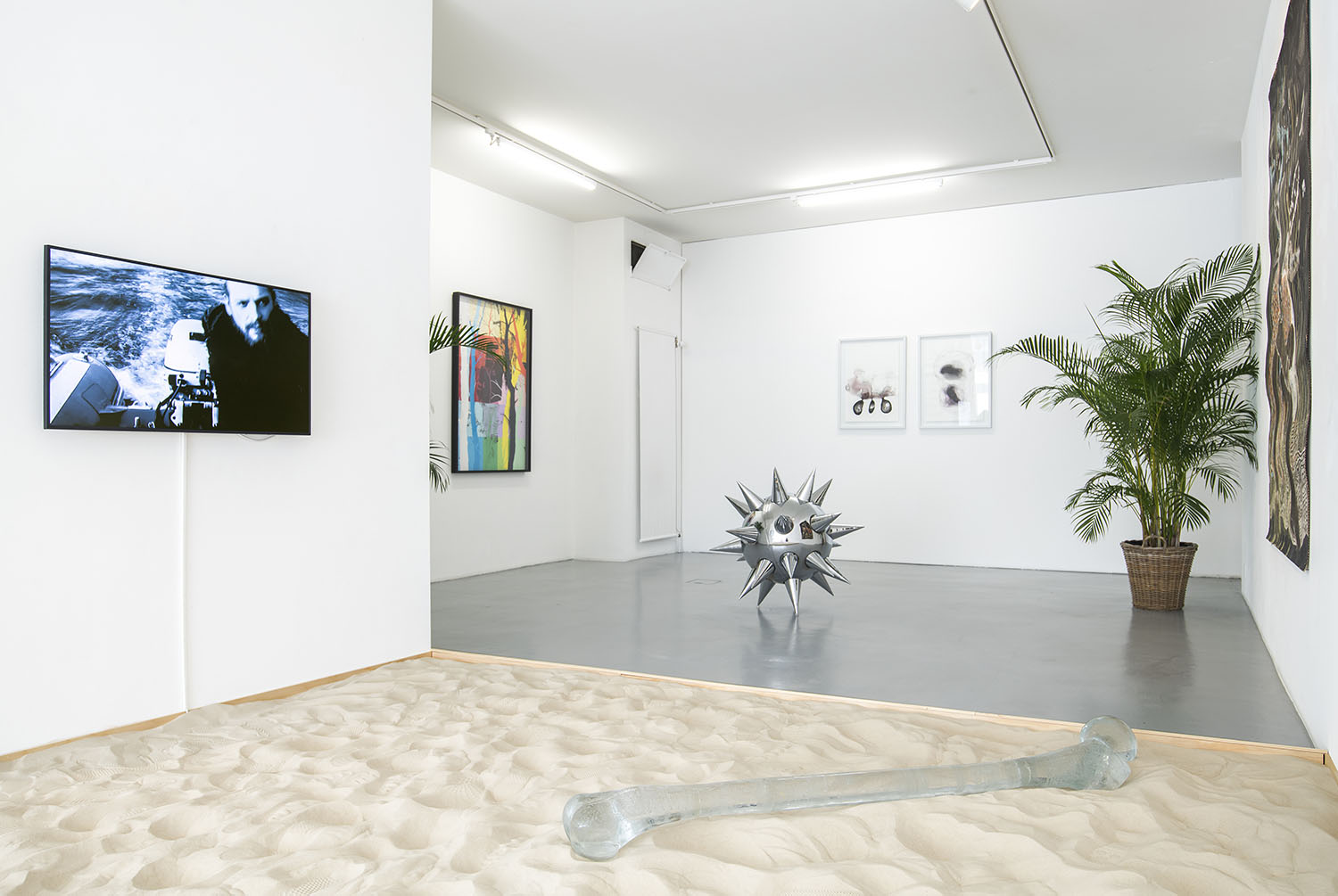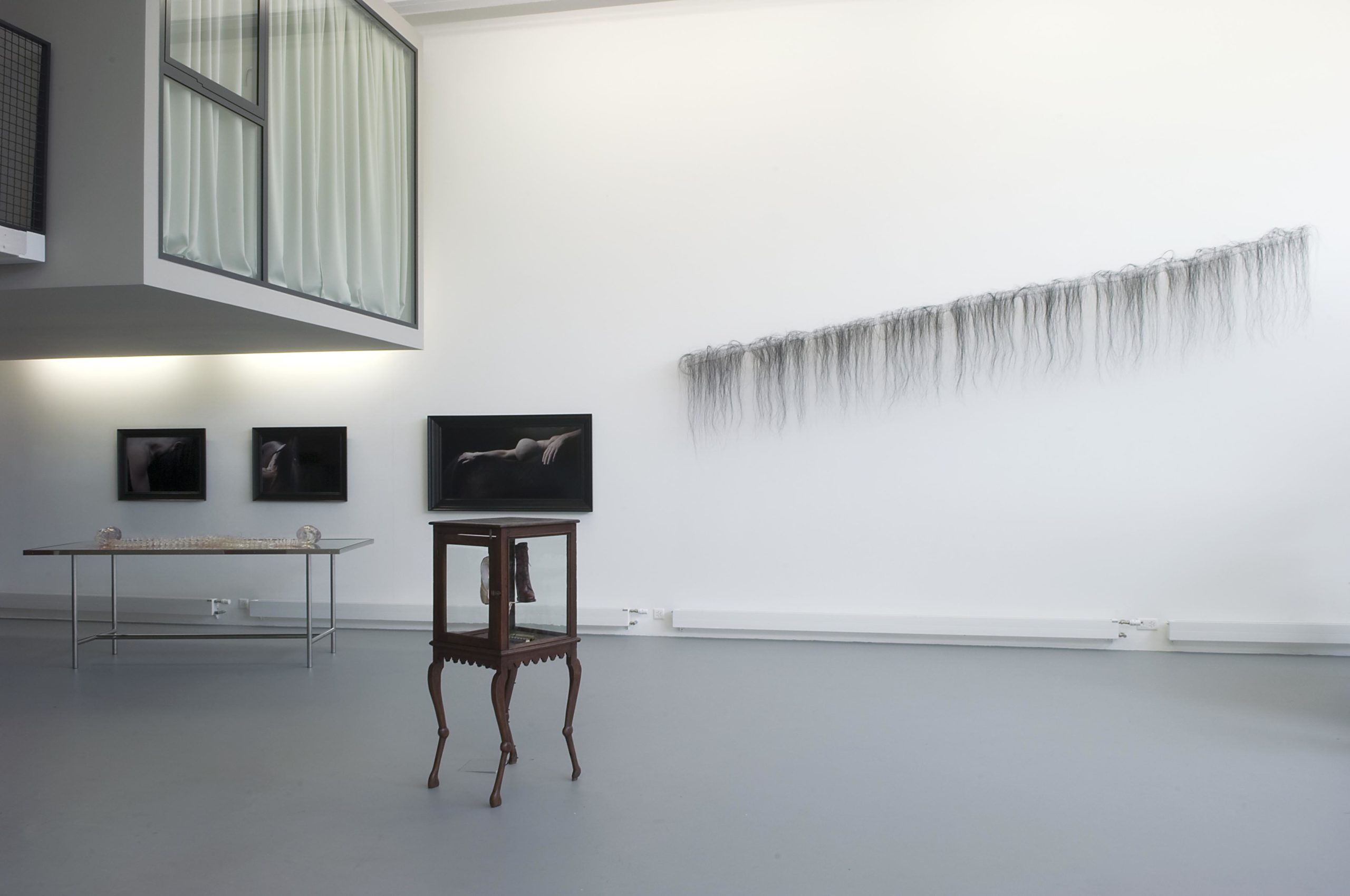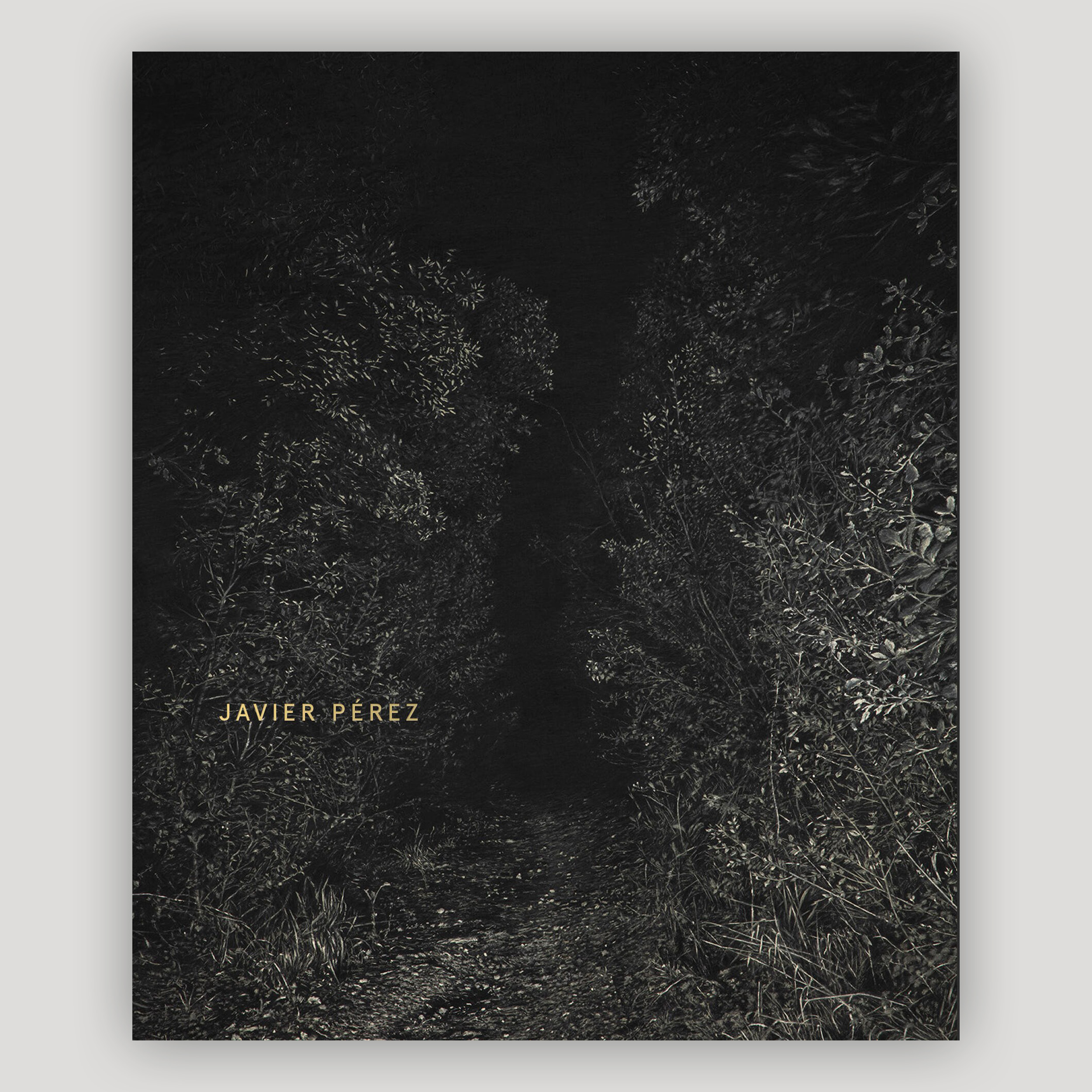Javier Pérez
Javier Pérez was born in 1968 in Bilbao, Spain. He studied fine arts at the University of the Basque Country and the École Nationale Supérieure des Beaux-Arts in Paris, France, where he lived between 1992 and 1997. He lives and works in Barcelona.
His masterful works embody a distinctive blend of methods and materials, crafting a captivating visual language rich in potent metaphors and enigmatic symbolism. Pérez’s art offers profound insights into the human condition and the cyclical nature of life, inviting viewers on an unforgettable journey of discovery. Building upon this dialectic vernacular, Javier Pérez has developed a multifaceted art practice in the fields of sculpture, photography, drawing, video and performance, which are used independently as well as together to create installations where interaction and exploration are essential.
Pérez’s work has been widely exhibited in several galleries and museums, including Centre Pompidou, Paris; Museo Guggenheim Bilbao; Palais de Tokyo, Paris; Palacio de Cristal, Museo Nacional Centro de Arte Reina Sofía, Madrid; Sala Kubo Kutxa Fundazioa, San Sebastián; Chapelle du Centre de La Vieille Charité, Marseille; Kunsthalle Wien; Musée d’Art Moderne de la Ville de Paris; ARTIUM, Centro – Museo Vasco de Arte Contemporáneo, Vitoria; Carré d’Art – Musée d’art contemporain, Nîmes; Musée d’Art Moderne et Contemporain de Strasbourg; Musée des Beaux – Arts de Rouen.
Large-format installations are common in his career. In 2001, he represented Spain at the 49th International Art Exhibition La Biennale di Venezia, with the installation Un pedazo de cielo cristalizado. In 2004, he presented the installation Mutaciones at the Palacio de Cristal, Museo Nacional Centro de Arte Reina Sofía, Madrid. In 2007, he collaborated with Mozas + Aguirre Arquitectos to create the permanent work Pieles de luz vegetal for the headquarters of Caja Vital Kutxa in Vitoria. In 2009 he presented Lamentaciones in the cloister of Burgos Cathedral and in 2012 he exhibited El Carrusel del tiempo for the Karl-Böhn Saal, a commission from the Salzburg Festival.
Read more +
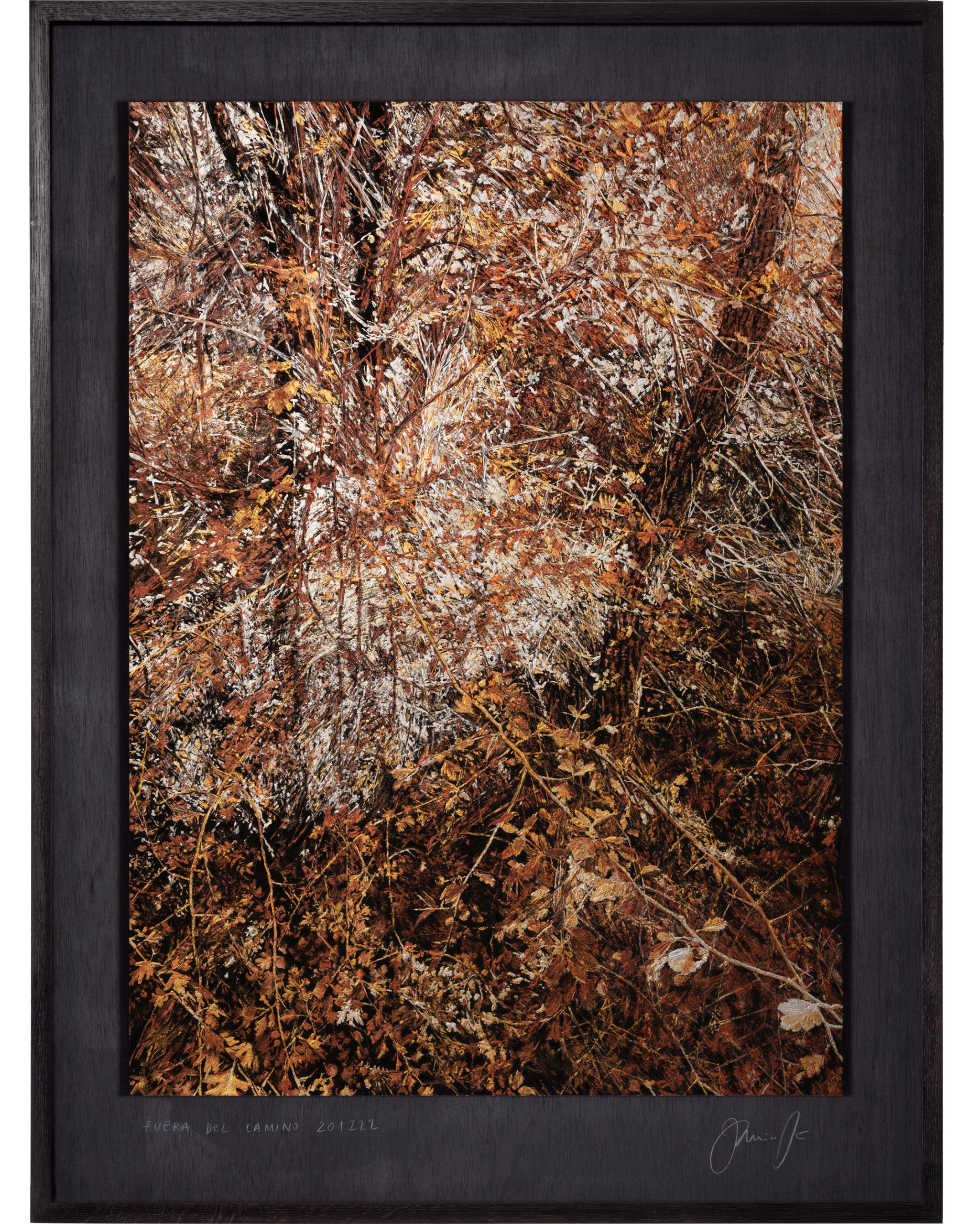
FUERA DEL CAMINO 201222, 2022
Watercolor, pastel and charcoal on Black Museum Board
85 x 63 x 4 cm

QUIMERAS DE LA RAZÓN VII, 2023
Watercolor and charcoal on Somerset Black Velvet paper
49,5 x 40 x 3,5 cm

CAMINO 21221, 2021
Pastel and charcoal on Black Museum Board
178 x 128 x 6 cm
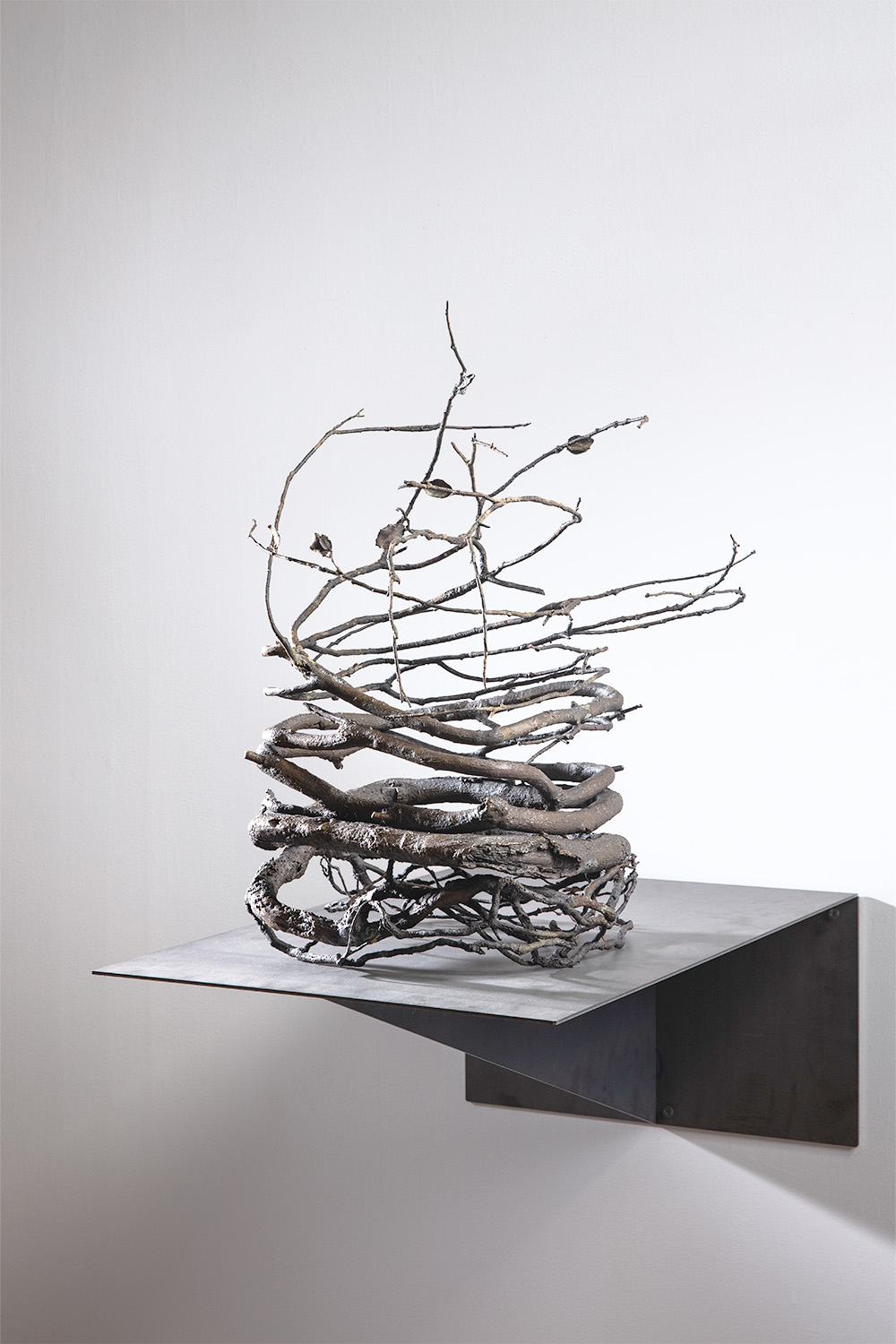
LOS TRES SUEÑOS DE DESCARTES: SUEÑO TERCERO, 2023
Bronze, stainless steel
80 x 44 x 65 cm

INFINITO PRIVADO, 2019
Bronze
11 x 282 x 12 cm
Edition of 3

MÉDULA, 2020
Bronze
260 x 40 x 40 cm
Edition of 3

VIBRACIONES I, 2019
Drawing ink on paper
65 x 50 cm

CIMAS Y SIMAS XIII, 2019
Watercolor, gouache on paper
70 x 50 cm
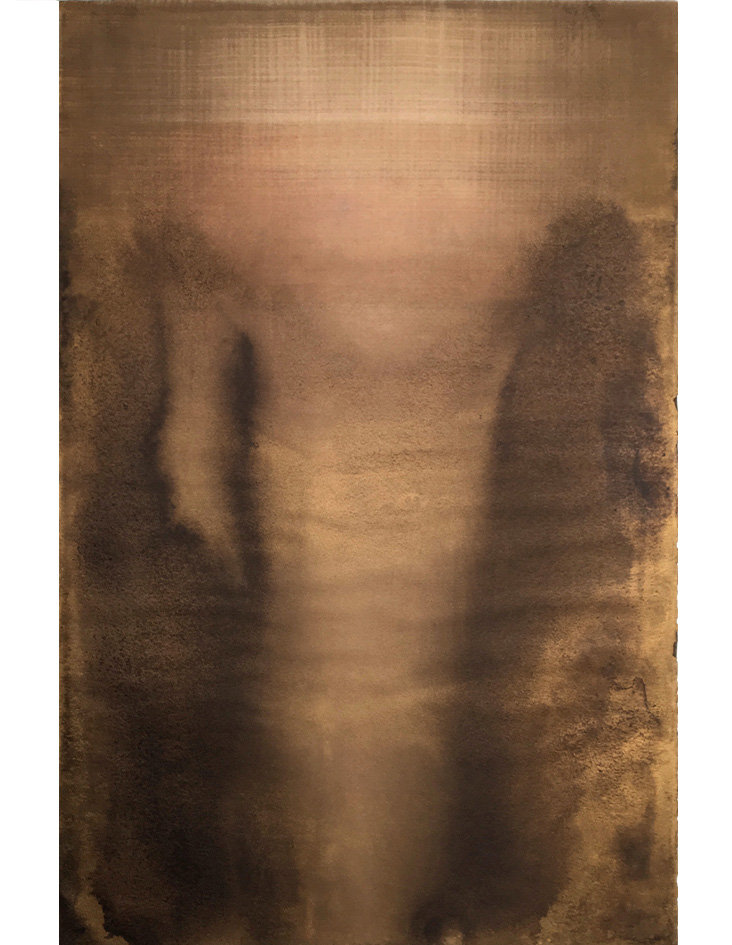
EN SUSPENSIÓN 290118, 2018
Ink on paper
102,5 x 66 cm






